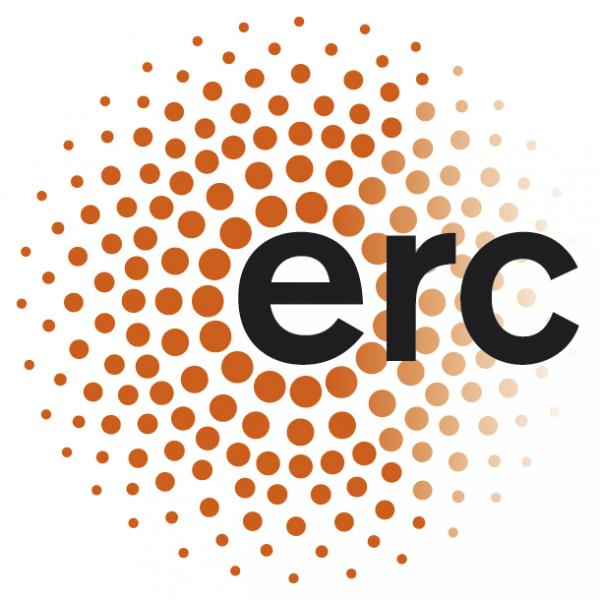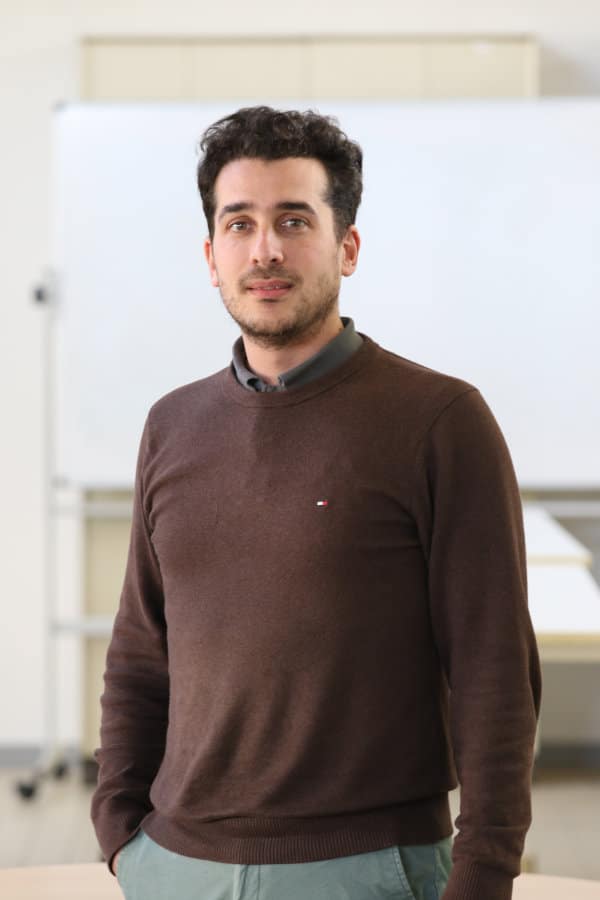Preventing human-induced seismicity to fight against climate change is the main thrust of the INJECT project selected in the ERC Consolidator Grant call and led by Professor Ioannis Stefanou at Centrale Nantes and member of the GeM.

The €657 million in funding awarded during the European Research Council’s 2022 Consolidator Grants competition will help 321 researchers from 21 countries to carry out innovative projects across all scientific disciplines.
INJECT PROJECT
Climate change poses an imminent threat to our civilisation and the most promising technologies for combating it involve underground, renewable and sustainable energy resources. As yet, however, a major obstacle stands in the way of the use of underground energy technologies. They depend on injecting fluids into the earth’s crust, a process that can cause major earthquakes.
INJECT aims to develop a new, groundbreaking scientific method to prevent human-induced seismicity and optimise energy production and storage. As such, INJECT will unlock the earth’s hidden energy potential to reduce carbon dioxide emissions.
INJECT’s interdisciplinary methodology is underpinned by an astute scientific programme that brings control theory and mathematics to the heart of this challenge. Based on state-of-the-art theoretical developments, robust control laws will be designed to optimally adjust fluid injection rates, prevent induced seismic events over large areas and optimise energy production and storage. INJECT’s innovative theoretical methods will be thoroughly tested using novel numerical models and original experiments.
A multidisciplinary strategy will be deployed to tackle this problem. It draws on Ioannis Stefanou’s expertise in (geo-)mechanics, control theory of dynamical systems, numerical modelling, experimental design and laboratory-scale testing.

Ioannis Stefanou
As senior researcher at the Navier laboratory (ENPC, IFSTTAR, CNRS), he was awarded an ERC Starting Grant for his project Controlling earthQuakes (CoQuake) and the Connect-Talent prize (CEEV/BLAST) from the Pays de la Loire region in 2018. He joined Centrale Nantes and the GeM in 2019 and was appointed Professor.
His main research interests are fault mechanics and earthquake control. His work also focuses on the dynamic behaviour of monumental structures under the effect of earthquakes and explosions.


